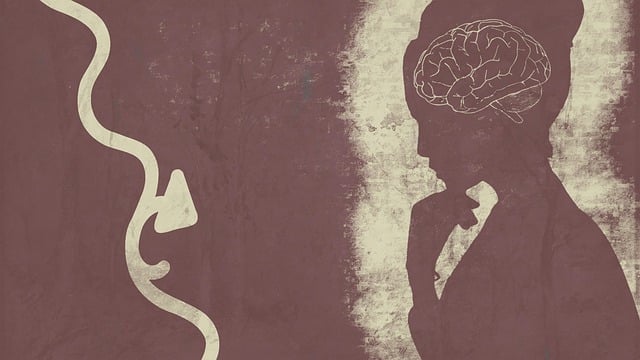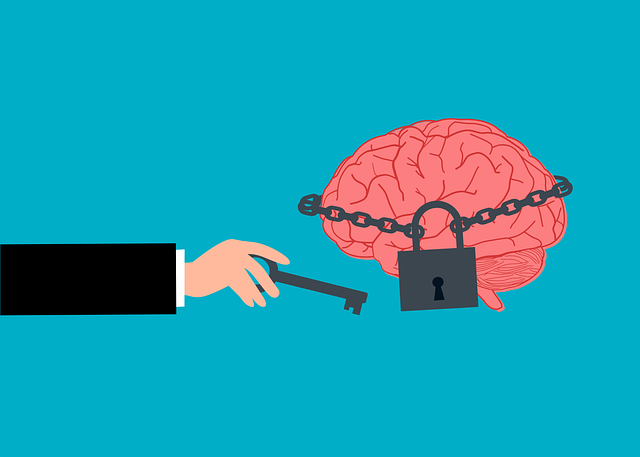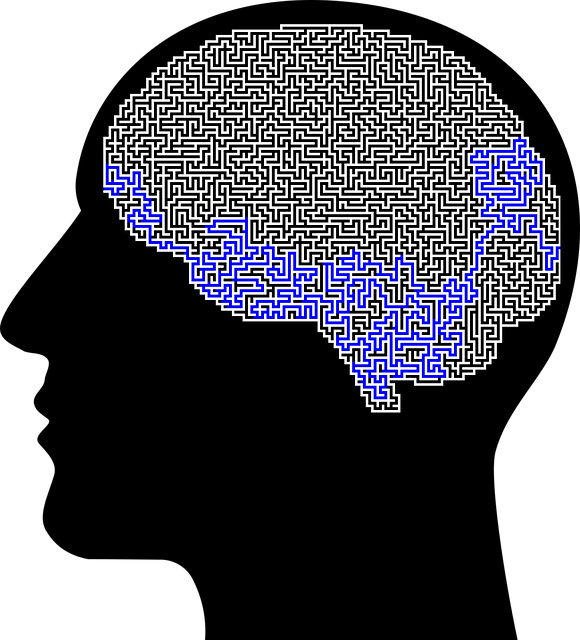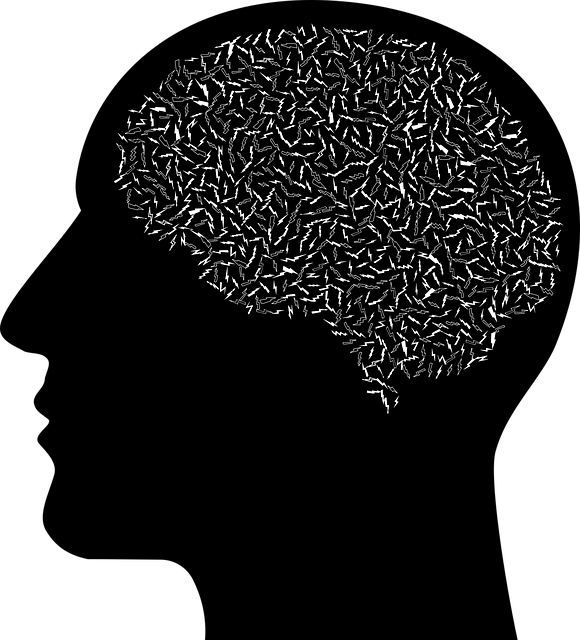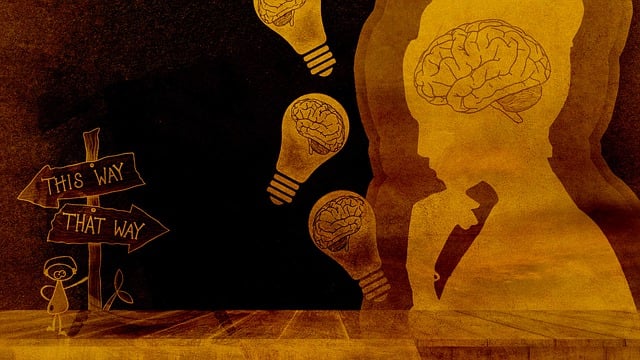Anxiety among young French-speaking children is a growing concern, requiring tailored strategies and accessible resources. Language differences and cultural barriers hinder access to therapy, but Cognitive Behavioral Therapy (CBT) offers an effective treatment, addressing negative thought patterns in their preferred language. Techniques like mindfulness and relaxation methods improve focus and reduce future anxiety. Home-based behavioral interventions equip parents with tools to support their children's mental health. Online and local communities provide a safe space to share experiences and resources for therapy, breaking the solitude of managing anxiety.
“Anxiety can be a challenging experience for young children, especially within the French-speaking community. This article explores effective anxiety management techniques tailored to meet the unique needs of these young minds. We delve into the insights of a French-speaking parent’s perspective on recognizing and addressing childhood anxiety. Discover evidence-based approaches such as Cognitive Behavioral Therapy (CBT) and mindfulness techniques, along with practical behavioral interventions for home use. Additionally, we highlight supportive resources and online communities designed to assist French-speaking families in navigating their child’s anxiety journey.”
- Understanding Anxiety in Young Children: A French-Speaking Parent's Perspective
- The Role of Cognitive Behavioral Therapy (CBT) for Children
- Mindfulness and Relaxation Techniques: A Gentle Approach
- Behavioral Interventions to Manage Anxiety at Home
- Supportive Resources for French-Speaking Families: Local and Online Communities
Understanding Anxiety in Young Children: A French-Speaking Parent's Perspective

Anxiety in young children, particularly within the French-speaking community, is a growing area of concern for parents and educators. Recognizing the unique challenges faced by French-speaking families in accessing therapy for their anxious kids is paramount. Barriers such as language differences and cultural nuances can create obstacles to receiving adequate mental wellness guidance. This hinders the development of inner strength and the application of effective mindfulness techniques, like journaling exercises, which are crucial tools in managing anxiety.
By understanding these challenges from a French-speaking parent’s perspective, we can foster inclusive strategies that promote healthy mindsets. It’s essential to offer accessible resources and services tailored to this demographic, ensuring children receive the necessary therapy and learn valuable mind over matter principles. Encouraging open conversations about mental health and providing practical guidance, such as engaging in journaling exercises, can empower parents to support their children’s inner strength development.
The Role of Cognitive Behavioral Therapy (CBT) for Children

Cognitive Behavioral Therapy (CBT) is a highly effective approach for children experiencing anxiety disorders, especially those in French-speaking communities. This evidence-based therapy focuses on identifying and changing negative thought patterns and behaviors that contribute to anxiety. By teaching young clients practical coping strategies, CBT empowers them to manage their anxiety symptoms and improve their overall well-being.
For French-speaking children, CBT sessions can be tailored to incorporate cultural elements and language preferences, making the process more accessible and engaging. Through interactive activities and age-appropriate techniques, therapists help children understand their thoughts and emotions, enabling them to develop effective self-care practices. Additionally, CBT incorporates stress reduction methods, such as relaxation exercises and mindfulness training, which are valuable tools for depression prevention in young individuals.
Mindfulness and Relaxation Techniques: A Gentle Approach

La gestion de l’anxiété chez les jeunes enfants francophones peut adopter une approche douce et bénéfique grâce aux techniques de pleine conscience et de relaxation. Ces méthodes, souvent intégrées dans la thérapie, permettent d’améliorer la capacité des enfants à se concentrer sur le moment présent, réduisant ainsi les inquiétudes liées au futur ou les regrets du passé.
En combinant des exercices de respiration consciente, des méditations guidées adaptées à leur âge et parfois même des activités créatives, ces techniques favorisent le développement de compétences essentielles telles que la régulation émotionnelle et l’amélioration des compétences sociales. Le social skills training et les communication strategies deviennent plus accessibles lorsque l’enfant apprend à calmer son esprit et à reconnaître ses émotions.
Behavioral Interventions to Manage Anxiety at Home

Managing anxiety at home is a crucial aspect of holistic wellness, especially for young children who may be experiencing their first episodes of anxiety. Behavioral interventions offer effective strategies tailored to this demographic. Techniques such as cognitive-behavioral therapy (CBT), often adapted for French-speaking populations, teach children to recognize and reframe anxious thoughts. This form of mind over matter therapy helps them develop coping mechanisms that replace negative thought patterns with positive ones.
Incorporating burnout prevention strategies for healthcare providers can also be beneficial for parents and caregivers. By understanding the importance of self-care and setting boundaries, adults can better support children’s mental health. Using crisis intervention guidance to navigate anxiety episodes, whether through professional therapy or at-home practices, ensures that young individuals receive timely and appropriate care, fostering a sense of safety and security.
Supportive Resources for French-Speaking Families: Local and Online Communities

Pour les familles francophones, trouver du soutien pour gérer l’anxiété des enfants plus jeunes peut être facilité par des communautés locales et en ligne dédiées. Ces ressources offrent un espace sécurisé où les parents peuvent partager leurs expériences, obtenir des conseils et accéder à des informations précieuses sur la thérapie pour jeunes enfants francophones. Les groupes de soutien locaux, souvent organisés autour d’écoles ou de centres communautaires, permettent des interactions en personne, favorisant ainsi l’établissement de liens solides et l’apprentissage par l’exemple.
Sur le plan en ligne, les forums et les réseaux sociaux dédiés aux familles francophones offrent un accès 24h/24 à des stratégies d’empathie building et des conseils sur la mise en place de routines de soins personnels pour améliorer la santé mentale. Ces plateformes permettent également de découvrir des ressources pédagogiques adaptées à la culture francophone, contribuant ainsi au développement de résilience chez les enfants. L’anxiété n’est plus une lutte solitaire lorsque l’on a accès à ces communautés solidaires.
Anxiety management techniques tailored to young children, especially those from French-speaking backgrounds, offer a supportive path to well-being. Integrating Cognitive Behavioral Therapy (CBT), mindfulness practices, and behavioral interventions can equip parents with effective tools. By tapping into local and online communities for support, French-speaking families can access valuable resources, fostering a nurturing environment to navigate childhood anxiety. These comprehensive strategies ensure children receive the care they need, promoting resilience and a brighter future.





